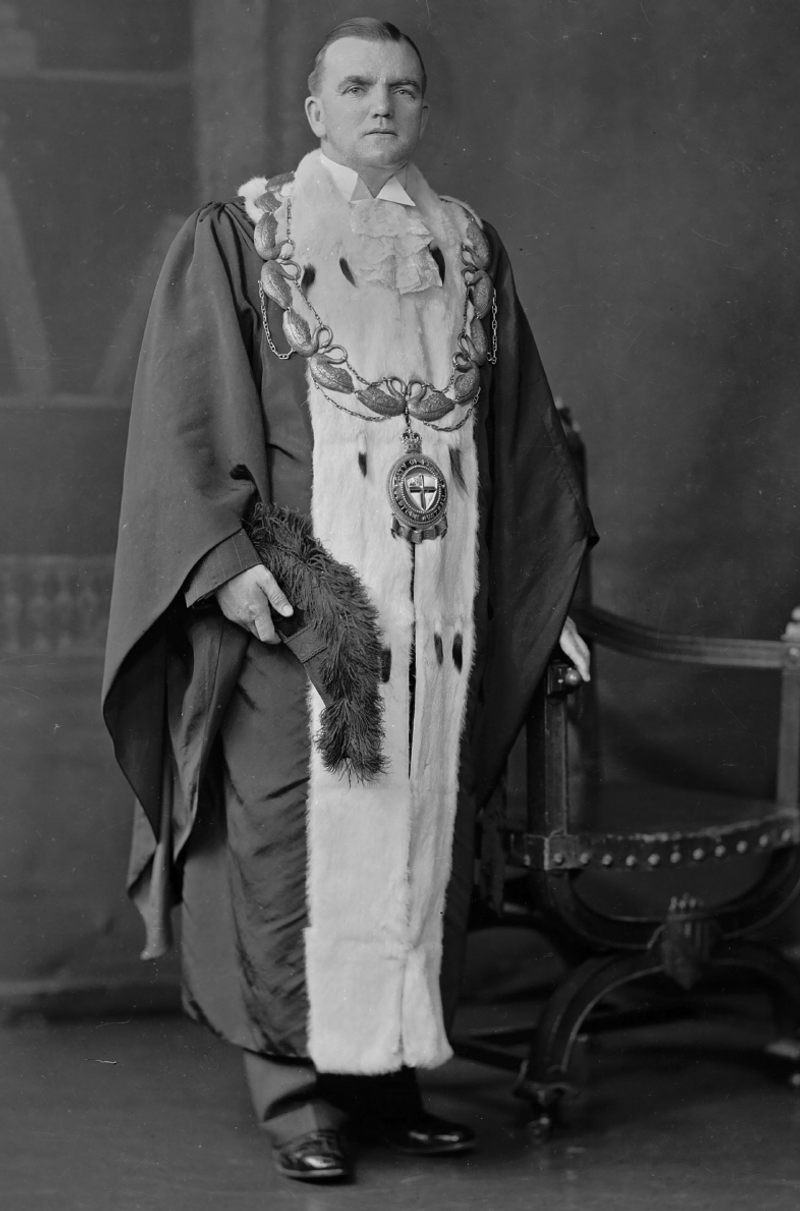Contact

Sir Thomas Meagher left his mark on so many fields of human endeavour but everything he did was underpinned by a sense of service and community, a legacy from his time spent with the Christian Brothers.
An only child of Phillip Meagher a cordial manufacturer and his wife Annie, Thomas was sent to CBC at the age of ten as a boarder in 1911 having lost his mother the previous year. On leaving Aquinas he completed the first year of Pre-med Science at the University of Western Australia before studying at Newman College, Melbourne, from where he graduated and competed in college athletics, football, swimming and rowing.
Thomas established his own medical practice in 1927 in Victoria Park after working in Perth’s children’s hospitals as a surgeon and that year married Marguerite Winifred Hough a schoolteacher and sister of his good friend John Hough. They were blessed with six children, four boys who all studied at Aquinas and two girls. One of them, Anne, was later to marry Denis Cullity, bringing two great Western Australian families together.
Thomas was a close friend of Prime Minister Curtin and was acutely aware of Perth’s wartime vulnerability. Therefore he threw his boundless energy into future-proofing WA’s war efforts and played a crucial role in raising funds. He was active in more than twenty different philanthropic war causes. In 1937 he was elected to represent Victoria Park Ward on Perth City Council and in 1939 he was appointed Lord Mayor, almost impossible at the time for a Catholic but a position he held until 1945. He was an effective and dynamic mayor and when he announced he would not stand for re-election he declared that his mayoralty had been a “war-time measure”. It was not uncommon for him to make three public appearances in an evening to make sure the job was done.
An honorary captain in the Australian Army Medical Corps Reserve, he was declared unfit for service in World War II. He was knighted in 1947. When his wife Annie died in 1952, Sir Thomas married again and kept up the pace and scope of his work for the community.
Appropriately the walk from the Junior School is lined by the jacarandas which were promulgated by him, and so take his name. His daughter remembers that he was so connected to the school and the efforts of the Christian Brothers he helped lay the planks that served as Aquinas’ first front steps. Sir Thomas shared the brothers’ view that education was a sharp tool against the prejudice Catholics suffered at the time. Both he and they sought to help boys rise through the ranks of the workforce in a time fraught with sectarianism.
Sir Thomas played a prominent role in both the Olympics and Commonwealth Games’ bodies and was a time-keeper for the Melbourne Olympics. He maintained an active profile in the community and continued to practice medicine. Additionally, he enjoyed fishing, yachting, and gardening and was vice-patron of the National Rose Society of WA. His daughter Anne stresses that the brothers and he were tireless in their pursuit of turning out men who could contribute to the country educationally socially and culturally.


